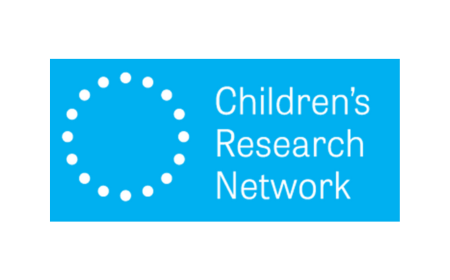The number of children needing continuous access to life-sustaining medical devices is on the rise. Technological advancements in critical care have led to increasingly complex clinical, bioethical and legal concerns, with clinicians sometimes left asking Just because we can, should we? (opens in a new window)TechChild, a five-year programme of research funded by the European Research Council, aims to provide a new way of thinking about the factors that influence the initiation of life-sustaining clinical technology. It examines the influences on the initiation of technology dependence in the context of contrasting health, legal and socio-political systems.
The Rare Disease Research Partnership (RAinDRoP) was established in 2018 as a collaborative research partnership consisting of basic scientists, applied researchers, health and social care professionals, patients, advocacy and support organisations and families affected by rare diseases. The aim of the RAinDRoP initiative was two-fold. First, RAinDRoP was established as a collaborative research partnership and evolving network in response to the National Rare Disease Plan for Ireland to ensure relevant, focused and coherent research informed by the needs and experiences of people living with rare diseases. Second, to identify rare disease research priorities across the lifespan in the context of Ireland from multiple stakeholder perspectives. This study received an exemption from full ethical review by the Office of Research Ethics at UCD. The Ethics Exemption Reference Number (REERN): LS-E-19-32-Somanadhan.
The term "rare disease" (RD) refers to a collection of approximately 10,000 known rare diseases. These diseases are called "rare" because they affect a small percentage of the population. About 80% of rare diseases are genetic, meaning gene changes cause them, and around 70% of rare diseases manifest in childhood.
The SAMPI project (which stands for Sand Play, Arts, Music, Photovoice, and Interviews) used creative approaches to better understand the experiences of children living with rare diseases. Through activities like sand play, art, music, and interviews, the project explored these children's daily lives and challenges.
SAMPI Project: Giving Voice to Children and Their Families with Rare Diseases was funded by the Children's Health Foundation under Grant [RPAC17-05].
The Co-VISION project aims to learn more about how children have creatively found ways to manage the challenges faced during the COVID-19 pandemic. This project is Supported by the Health Research Board as part of a coordinated COVID-19 Rapid Response Research, Development and Innovation programme, to tackle COVID-19 in collaboration with the Irish Research Council and Science Foundation Ireland.

Children's Research Network
The Children’s Research Network (CRN) of Ireland and Northern Ireland is made up of members with an interest in research and/or involved in the research community across the island of Ireland.
The network is inclusive, independent and works not-for-profit, engaging members across a variety of disciplines including research, policymaking and advocacy.
The Children's Research Network welcomes those who are outside academia or do not identify as 'researchers' but wish to stay informed and up-skilled in terms of research and evidence-informed practice or policy. Our membership spans a wide range of practitioners and service-providers, from NGOs; community, voluntary and social enterprise entities; to government/statutory bodies. As part of the network, members can stay up to date on ongoing research, participate and attend events and network with peers with similar interests.